
Irish couples are waiting for14 babies due to be born to surrogate mothers in war-threatened Ukraine. They may face an €88-a-day fee for ‘nanny’ care in the under-threat country.
Ukraine is one of the only countries in the world to allow commercial surrogacy which critics say exploits women and commodifies children.
If the Irish couples cannot travel to collect the infants, one Fine Gael Senator has asked for the Government to subsidise the extra cost.
A small number of parents are understood to be in Ukraine, although most are still in Ireland.
Fine Gael Senator Mary Seery Kearney said the commercial surrogacy companies “are proposing a nanny arrangement but it’s coming at a considerable cost that wasn’t anticipated.”.
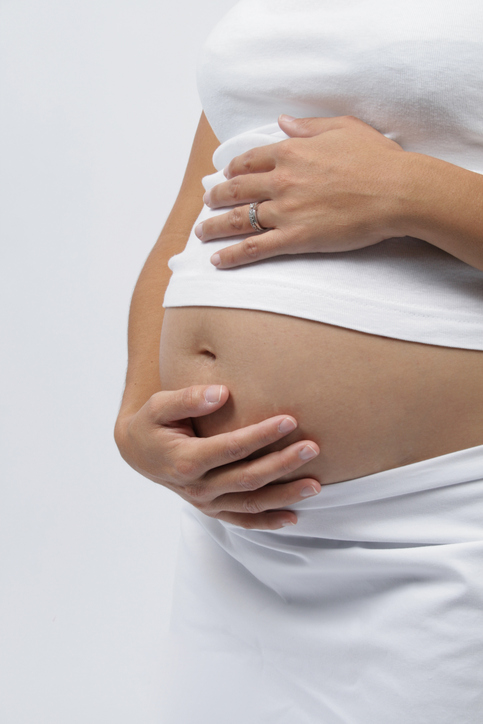
The number of abortions performed in Texas plummeted in the first month since a new law — which prohibits the procedure after a fetal heartbeat is detected at around six weeks — went into effect.
In September 2021, just 2,197 abortions were performed in Texas, a drop of more than 60 percent from 5,400 statewide abortions in August, and a 51 percent reduction from September 2020 figures, according to new figures released by the Texas Health and Human Services Commission.
Meanwhile, a survey taken by Heartbeat International in September 2021 indicates that 41 percent of pregnancy centers in Texas and surrounding states have seen an increase in clients. Michael New, a research associate at the Busch School of Business at The Catholic University of America and is an associate scholar at the Charlotte Lozier Institute, says that while some Texas women are circumventing the Heartbeat Act by obtaining abortions in other states, “clearly more Texas women are seeking assistance in carrying pregnancies to term”.
He said there is no hard data about the number of Texas women who obtained abortions in other states and he lamented that “none of the media coverage included comments from Texas pregnancy help centers, nor did it note that the Texas state legislature appropriated $100 million for the state’s ‘Alternatives to Abortion’ program last year”.

A spokesperson for the Pro-Life Campaign (PLC) said legislating for the creation of “politically-charged censorship zones would set a dangerous precedent for principles of freedom of speech, expression and assembly. It would single out and curtail the fundamental rights of pro-life supporters which would be undemocratic and highly discriminatory”.
He added: “The Sinn Féin bill is not motivated by a concern that censorship zones are needed. The motivation behind the bill is about something entirely different. Pro-choice groups have taken to smearing pro-life people and are constantly making baseless claims about totally peaceful individuals who are simply exercising their democratic right to assemble in public to make their point. It’s very easy to seize on one or two images and use them to caricature and falsely depict an entire group of innocent people. But it is grossly unfair and unacceptable to behave in such a way”.
Last year, the proponents of this bill claimed that pro-life people engaged in “intimidatory” protests outside an abortion facility in Limerick. Within a month of these claims being made, the UL Hospitals Group issued a statement refuting the claims that there have been intimidatory protests and acknowledging that no such complaints have been received.
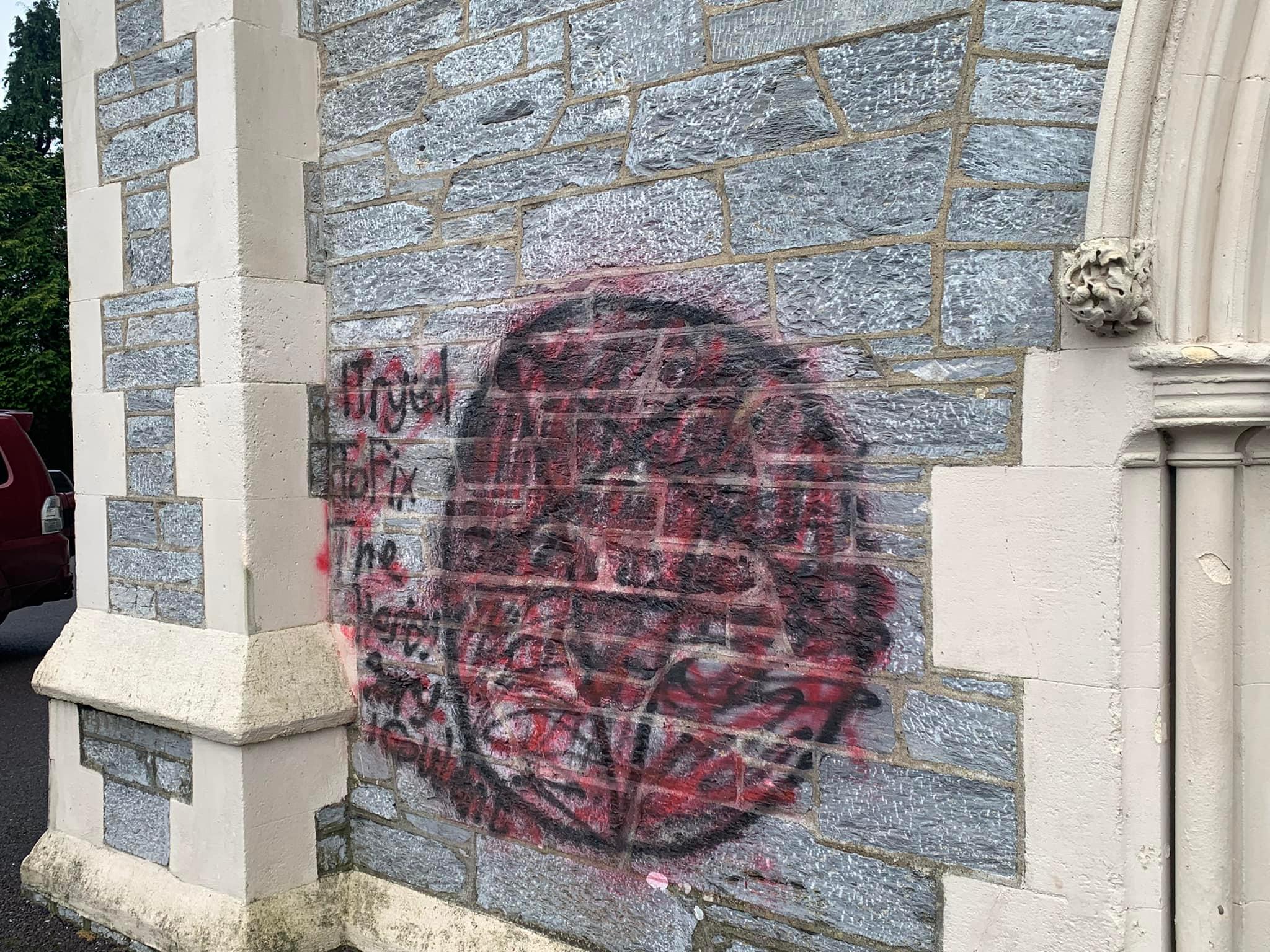
Gardaí in Kenmare are investigating an incident of criminal damage at a church in the town.
On Sunday morning, parishioners in Kenmare came across disturbing vandalism on the front wall of the church.
Spray painted in black and red is an inverted pentagram, which is a widely recognised Satanic symbol, and some illegible text.
Kenmare Gardaí attended the scene after 12 o’clock mass Sunday and are investigating the circumstances around the incident.
No arrests have been made.
The parish priest in Kenmare has said he is perplexed and upset by an act of vandalism on the local church. Councillor Patrick O Connor said it was shocking to see.
People from across the country have volunteered their services in the clean-up attempt.

The ‘Independent Chair’ of the Three Year Review of the abortion law only had to be “independent of Government, not independent of the issue”, according to Fianna Fail Senator, Lorraine Clifford Lee.
She made her comments in the Seanad yesterday in reply to Senator Rónán Mullen who was challenging the Minister for Health’s decision to abandon the tendering process that was promised in finding an independent chairperson for the review. In the end, Minister Donnelly bypassed the process and appointed barrister Marie O’Shea as Chair. Since her appointment a fortnight ago, he has repeatedly refused to answer specific questions regarding the appointment, including the fact that Ms O’Shea is known to have engaged in social media activity that appeared to showed a preference for repeal of the 8th Amendment and the legalisation of abortion in Ireland.
A spokesperson for the pro-Life Campaign called the intervention “remarkable and telling”.
“Senator Clifford Lee’s remarks yesterday that the Chair of the review only had to be ‘independent of Government, not independent of the issue’ reveals the crude and blinkered thinking at the heart of the process and the total disregard for objectivity and fairness”.
“Based on all that has happened to date, the credibility of the Three Year Review is quickly evaporating. Stephen Donnelly can keep issuing statements all he likes about his commitment to ensuring an impartial process but unless immediate and verifiable steps are taken to guarantee a truly independent review, the standing of the entire process will soon be shattered beyond repair”.
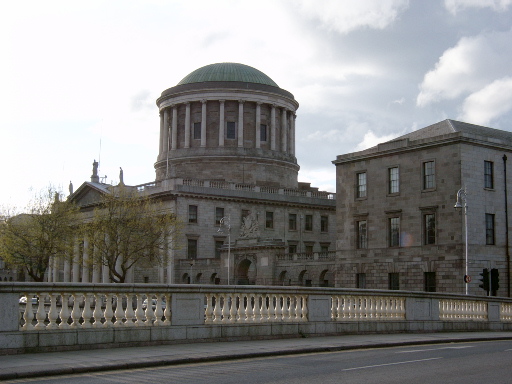
A man who believes he was born in a mother and baby home has been awarded €225,000 out of the estate of his birth mother, who did not raise him.
In a judgment, Ms Justice Siobhán Stack ruled that the plaintiff had demonstrated, as required by section 117 of the Succession Act, that his mother had failed in her moral duty to make proper provision to him in her will.
The plaintiff’s mother was unmarried when she gave birth to him in a “very different Ireland” in the 1950s, while his father died shortly before his birth.
The man was loved and cared for by the family who raised him, the judge noted. There had been no formal adoption process and the plaintiff was “significantly distressed” by the defendant’s insistence that he supply DNA evidence of his relationship to the deceased, which he did.
Ms Justice Stack accepted his evidence that it was well known in the deceased’s family that he was the woman’s son.
She ruled that the woman ought to have provided for the plaintiff in her will and awarded him a lump sum of €225,000.
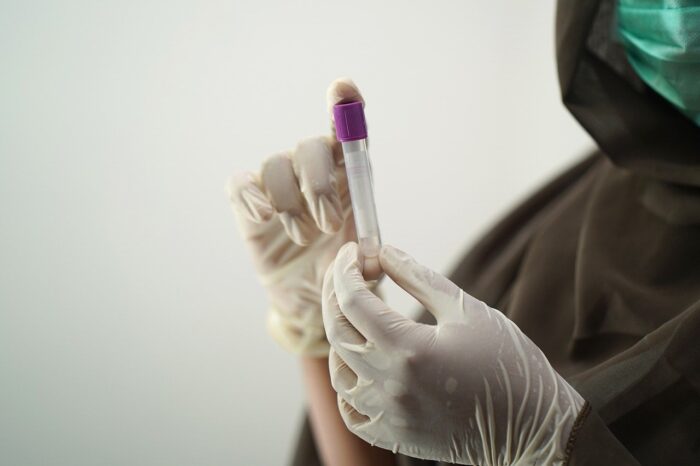
A fourth Dutch gynaecologist has been identified as having used his own sperm in fertility treatment during the 1970s and 1980s.
The revelation comes after a third such fertility scandal, which emerged in public only last week, was described as “the tip of the iceberg”.
The latest rogue doctor has been named as Henk Nagel, who fathered at least one child between 1977 and 1985 at the Carolus Hospital fertility clinic in Den Bosch, now part of the Jeroen Bosch hospital group.
The chairman of the hospital board of management, Dr Piet-Hein Buiting, said Dr Nagel’s actions had been “incomprehensible and inadmissible”. He confirmed that an investigation was under way to try to establish whether Dr Nagel might also have fathered a number of other children.
The latest case came to light when a person born as a result of fertility treatment approached the hospital and said he was trying to find his biological father.
DNA tests carried out as a result of that search found “matches with blood relatives of the former gynaecologist” Dr Nagel. The hospital approached Dr Nagel, by then retired, and further tests confirmed he was the person’s father.
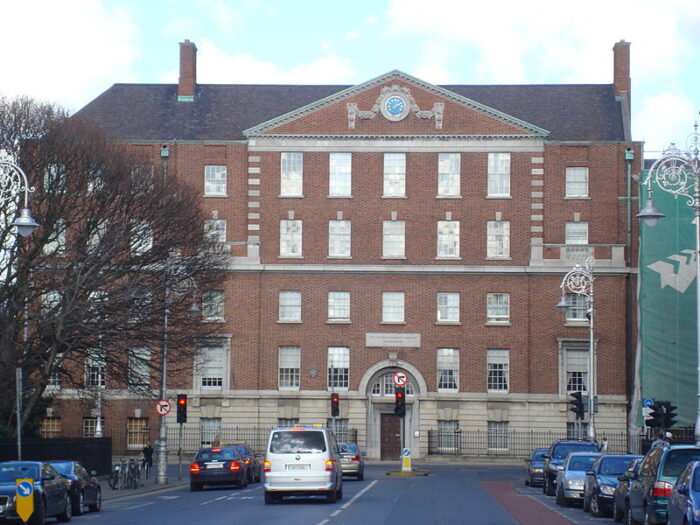
The HSE licence for the new National Maternity Hospital (NMH) will include legal measures requiring it to provide all medical procedures allowed under Irish law, including abortion. The hospital has agreed to this anyway, despite being on land gifted to it by the Religious Sisters of Charity.
Critics have said, without evidence, that the nuns would try to stop the new NMH from carrying out abortions.
The revised provisions follow recent Government moves to reopen a draft agreement in which the Elm Park site in south Dublin will come under State control for 299 years after its transfer to the NMH from St Vincent’s Healthcare Group.
The Irish Times has reported that the agreement, which has still to go to Cabinet for approval, will be changed to include specific provisions to reflect the fact that procedures at the new hospital will include “anything permissible within Irish law”.
The text of that agreement between the HSE, the NMH and St Vincent’s would then be incorporated directly into the licence under which the hospital will operate. The talks are well advanced and the parties are working towards a final settlement in coming weeks.
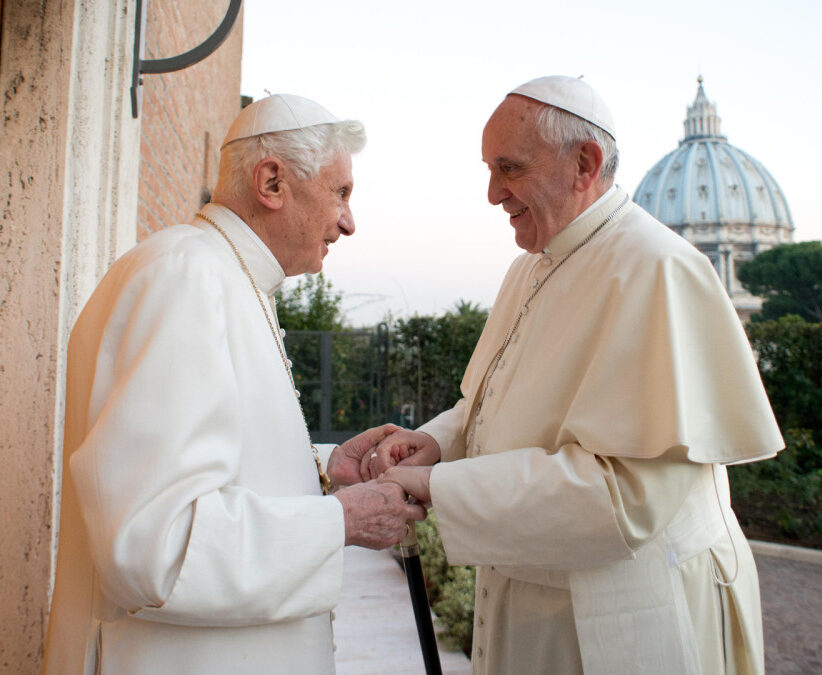
Pope Francis has said that the dying need palliative care, not euthanasia or assisted suicide.
At his general audience in the Vatican’s Paul VI Hall yesterday, the pope said that this ethical principle was valid not only for Christians but for everyone.
He expressed gratitude for palliative care, which seeks to improve the quality of life of people suffering from severe illnesses.
“However, we must be careful not to confuse this help with unacceptable drifts towards euthanasia,” he said.
“We must accompany people towards death, but not provoke death or facilitate assisted suicide.”
He went on: “I would point out that the right to care and treatment for all must always be prioritized, so that the weakest, particularly the elderly and the sick, are never discarded. Indeed, life is a right, not death, which must be welcomed, not administered. And this ethical principle applies to everyone, not just Christians or believers.”
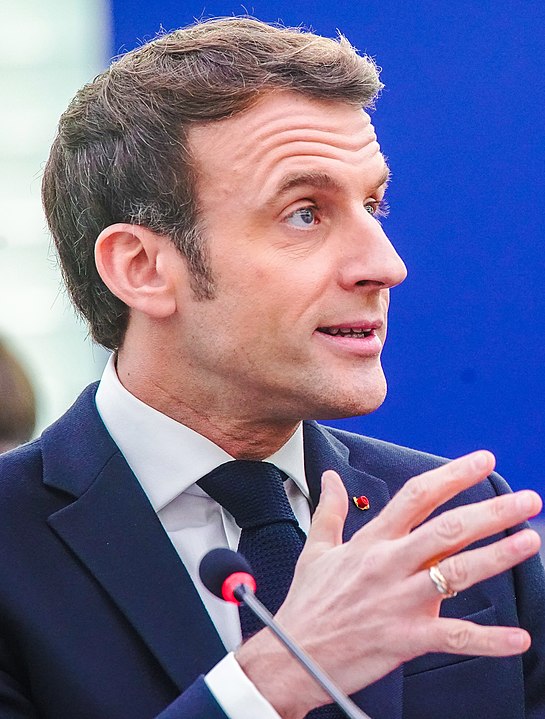
Catholic bishops across Europe have expressed “deep concern” at French President Emmanuel Macron’s proposal for abortion to be added to the EU Charter of Fundamental Rights.
In a statement this week, the presidency of the Commission of the Bishops’ Conferences of the European Union (COMECE) noted that there is no “right” to abortion enshrined in European or international law.
“Attempting to change this by introducing a supposed right to abortion in the Charter of Fundamental Rights of the European Union not only goes against fundamental European beliefs and values, but would be an unjust law, devoid of an ethical foundation and destined to be a cause of perpetual conflict among the citizens of the EU,” it said.
Macron told members of the European Parliament in Strasbourg, eastern France, on Jan. 19 that the EU rights charter needed to be revised.
“We must update this charter to be more explicit on protection of the environment, the recognition of the right to abortion,” he said.